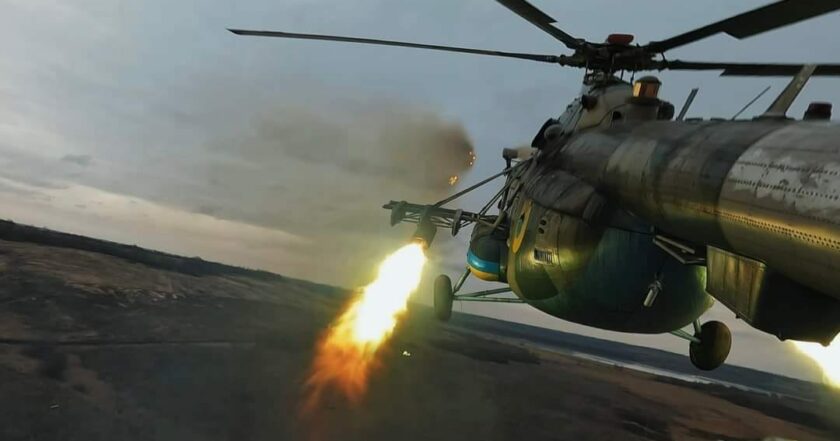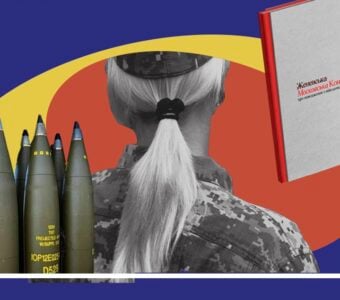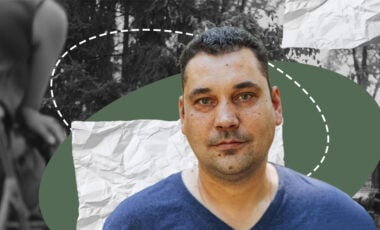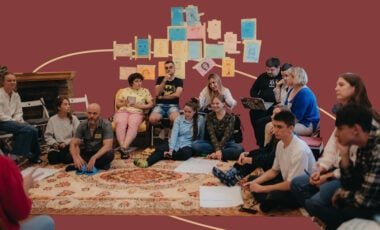ISW: Delays in security aid will likely hinder Ukrainian forces from regaining initiative across front line

Photo: Facebook / General Staff of the Armed Forces of Ukraine
Experts from the Institute for the Study of War (ISW) believe that further delays of Western security assistance may likely postpone Ukrainian efforts to regain initiative across the entire theater of operations.
This issue could be exacerbated by Russia's planned new offensive operation in the spring or summer of this year, Rubryka reports, citing the ISW.
Lieutenant General Oleksandr Pavliuk, Commander of the Ukrainian Ground Forces, stated on March 6 that Ukraine will attempt to seize the initiative and conduct counteroffensive operations in 2024.
According to analysts familiar with the matter, Ukraine's attempt to seize the initiative in 2024 is operationally justified.
"Russia will be able to determine the location, time, scale, and requirements of fighting in Ukraine as long as it retains the theater-wide initiative, which may allow Russia to force Ukraine to expend materiel and manpower in reactive defensive operations, denying Ukraine the ability to amass the materiel necessary for future counteroffensive operations," the report said.
ISW continues to assess that it would be unwise for Ukraine to concede the initiative across the entire theater of military operations to Russia for longer than necessary.
However, experts add that further delays in providing Western security assistance may likely postpone Ukrainian efforts to regain initiative across the entire theater of military operations.
"Materiel shortages are forcing Ukrainian forces to husband materiel and uncertainty about future assistance is likely constraining Ukrainian operational planning," analysts say. "Delays in crucial assistance will force Ukraine to make difficult decisions about how to allocate resources between future operationally significant counteroffensive operations and ongoing Ukrainian defensive operations against Russian attackers who currently hold the initiative."
Key ISW conclusions as of March 6:
During the night of March 5-6 and on March 6, Russian forces carried out a relatively large series of drone and missile strikes on Ukraine, including strikes on Odesa during the visit of Ukrainian President Volodymyr Zelensky with Greek Prime Minister Kyriakos Mitsotakis.
Kremlin officials continue to refer to nuclear threats as part of ongoing Russian information operations to weaken Western support for Ukraine and deterring assistance to Ukraine.
International Atomic Energy Agency (IAEA) Director General Rafael Grossi and Russian President Vladimir Putin discussed the security of the Zaporizhzhia Nuclear Power Plant and nuclear safety issues on March 6 in Sochi, Russia.
Putin met with the head of the pro-Russian region of Moldova, Gagauzia, Eugenia Gutsu on March 6 and assured support from Russia.
Moldova suspended the Treaty on Conventional Armed Forces in Europe during the Cold War on March 6.
According to the Ukrainian Defense Intelligence (HUR), Ukraine conducted a drone strike on a mining and processing plant in Kursk Oblast on March 6.
Armenia appears to be taking limited steps to reduce bilateral security cooperation with Russia outside its participation in the Russian-led CSTO.
Russian forces have recently made confirmed advances near the northeastern city of Kupiansk and the eastern city of Donetsk, as well as in the western part of the Zaporizhzhia region.
The Russian legal system continues to try to use the Russian criminal justice system to expand the recruitment base.

Ukraine produces analog versions of Western military vehicles: M113, MaxxPro, and Humvee – Ukrainian intelligence

Solutions to win: Ukraine's armed forces utilize Sentinel radar maquettes to deceive Russian soldiers





















































